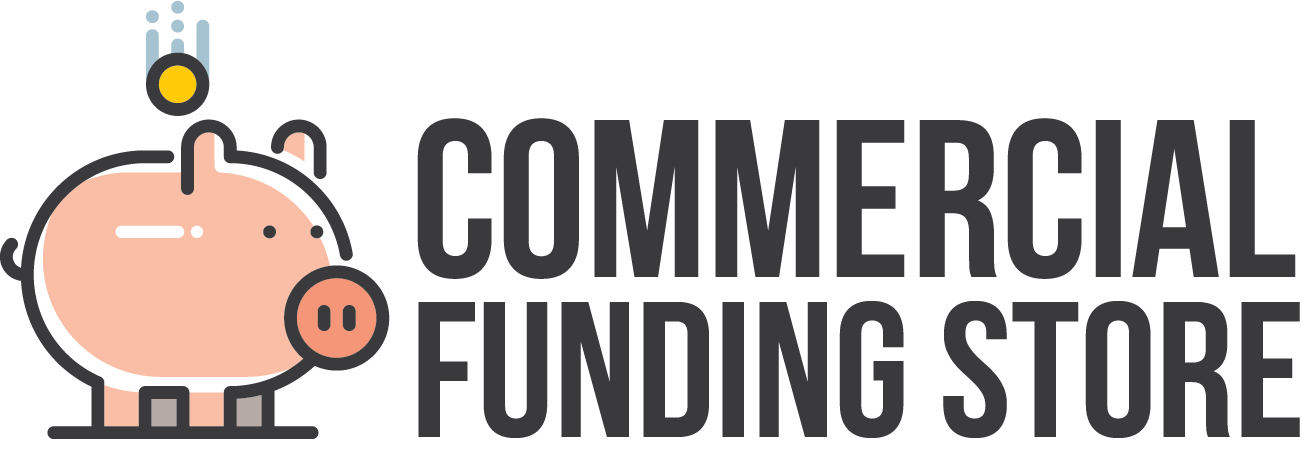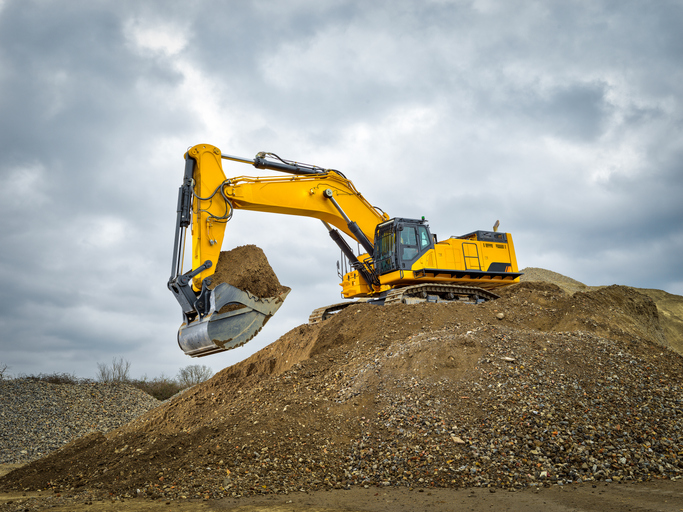Your company wouldn’t be able to do what it does without access to the right construction equipment, and that makes investing heavily in the pieces you use most an attractive option for a lot of company owners. The fact is, though, that the more assets you own, the more risk your company takes on. It’s not just in the form of debt risk, either. Equipment needs to be maintained and insured, even when it is not in use, and it still depreciates when it sits just as much as it does when it is being used heavily. Looking into leasing as an option for your company’s machinery needs is a great way to reduce or eliminate many of these risks, though.
Optimum Equipment Load
Since leasing involves a much shorter commitment than a purchase does, it allows you to better calibrate your equipment to the needs of your projects without adding to your own overhead. This means less guesswork and projection when it comes time to decide whether or not an extra truck or crane will speed things along in a cost-effective way. It also makes it easier to trade out pieces you no longer need as you move from project to project, so you always have exactly the right pieces on hand for your next job.
Reduced Liability and Depreciation
Equipment you don’t own is equipment you don’t have to worry about depreciating. Instead, you can get the work out of it during its usable time and leave the calculations to someone else. Many lease contracts also provide for the equipment’s owner to cover some or all of the repairs and maintenance needed, which can save thousands when you are talking about pieces as expensive as construction equipment tends to be.
Tax Relief
Depending on how your arrangement is structured, it may also be possible to write off your lease costs from your company’s taxable income. In some cases, it is a direct write-down.
Foster Financial Relationships
One of the first and most important things to consider as you grow your business is your relationship to your local financial institutions and the wider business community. When you start leasing equipment, you build credit history and you get to know the dealers and suppliers, lending institutions, and other major players in your local business community. This opportunity is itself an investment, and often leads to easier access to financing and investments on projects in your company’s future.
If your company has not looked into leasing construction equipment as a supplement to its purchasing strategy, the time has come to consider it.

